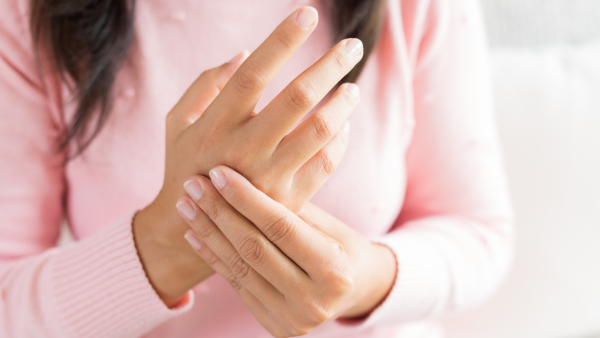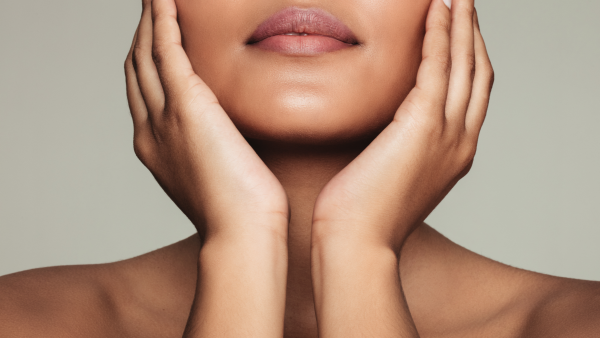Varicose veins are caused by venous weakness. Veins transport blood from the tissue back to the heart. The venous valves are a weak point that have to work against gravity in the legs. If they leak, varicose veins and spider veins occur. In warm temperatures, fluid also easily leaks into the tissue, causing the legs to swell. In advanced stages, ulcers and even dangerous blood clots (thrombosis) can occur. This closes off the vein and stops the blood flow.
Varicose veins are usually treated with compression stockings, lymphatic drainage and special exercises (vascular exercise). They can also be cauterized and surgically removed.
If there is an increased risk of blood clots, blood-thinning medications are used.
Micronutrients and plant substances can also help with varicose veins.

OPC
Grape seed extract is rich in oligomeric proanthocyanidins ( OPC ) and appears to be able to support vein health in a number of ways. OPC has anti-inflammatory and antioxidant properties. Inflammation and oxidative stress can damage the vessels and contribute to varicose veins.
There is also evidence that OPC could strengthen the collagen connections in blood vessels, which could provide mechanical support to the vein walls. OPC also has a blood-thinning effect and can therefore probably help prevent thrombosis.
In one study, OPC appeared to reduce cramps and swelling. [1]
Omega-3
Omega-3 fatty acids have anti-inflammatory effects and may counteract the inflammation associated with varicose veins. There is also evidence that omega-3 fatty acids may prevent blood clots and thrombosis. [2]
B vitamins
B vitamins , especially vitamin B6, folic acid (vitamin B9) and vitamin B12, are needed to break down homocysteine - a toxic metabolic product. Homocysteine can damage blood vessels and appears to promote leg ulcers in cases of weak veins. [3] People with varicose veins should therefore ensure they have a good supply of B vitamins.
Vitamins C and E
Vitamins C and E are important antioxidants in the body that may help counteract the inflammation and oxidative stress associated with varicose veins. Vitamin C also promotes collagen production , which can support the blood vessel walls. [4]
Routine
Rutin is a secondary plant substance that belongs to the flavonoids. It is said to have many positive properties for vein health. It is also said to be able to counteract swollen legs by preventing water from the vessels from entering the surrounding tissue. [5]
Conclusion: Nutrients are very valuable for varicose veins
Varicose veins are associated with oxidative stress and inflammation. Antioxidant and anti-inflammatory nutrients appear to counteract this and improve vascular health.
[1] https://pubmed.ncbi.nlm.nih.gov/22752876/
[2] https://pubmed.ncbi.nlm.nih.gov/11738053/
[3] https://pubmed.ncbi.nlm.nih.gov/19954389/

















